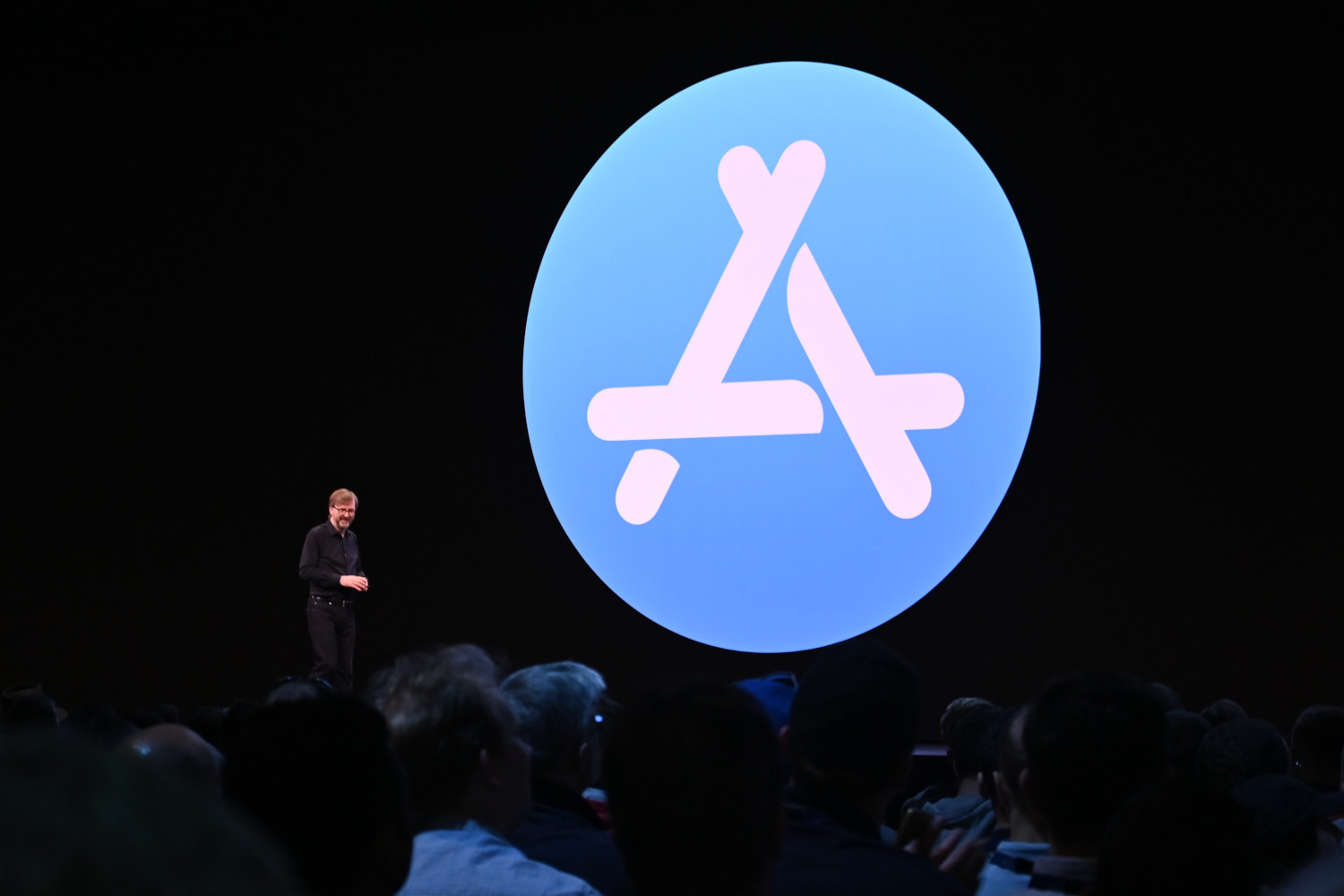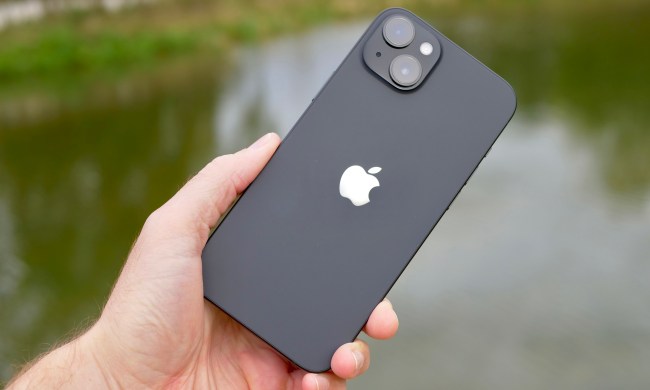
Controversial parental control app OurPact has returned to the iOS App Store, several months after it was removed due to privacy concerns.
In April this year, Apple removed a number of parental control apps which used a technology called Mobile Device Management (MDM). Apple said MDM allows third-party access to a great deal of information about the device it is installed on, including user location, app use, email accounts, camera permissions, and browsing history.
While MDM is allowed for businesses which need to keep control over proprietary data, Apple did not want the technology being used for private purposes, saying, “it is incredibly risky — and a clear violation of App Store policies — for a private, consumer-focused app business to install MDM control over a customer’s device.” As well as the privacy issue, there were concerns that such apps could open the door to hackers to gain massive amounts of information about devices used by children.
Apple does have its own Screen Time service for parental controls, and it was speculated that Apple was motivated less by true privacy concerns and more by removing competition for its service. At the time, the developers of OurPact called Apple’s statement “misleading” and denied that MDM allowed access to email, contacts, location, or browsing history.
Now OurPact has returned to the App Store, “with no product or feature limitations.” In a blog post, the company says its app does not pose a security or data risk, and that, “Your child’s device can only be managed from within your parent account, and no sensitive data is collected or shared from child devices.”
The app returned after Apple recently updated its App Store review guidelines, allowing MDM for parental controls as well as for business, schools, and government agencies. However, MDM will only be allowed “in limited cases,” so Apple will retain control over which apps can use the feature.
OurPact has celebrated the decision as a vindication, saying the reinstatement “confirm[s] OurPact’s adherence to Apple’s strict standards for quality and security,” and that “This decision by Apple to reinstate OurPact is huge — not only for OurPact, but for the future of digital parenting.”



